


The winning ideas were selected after a rigorous screening process.
| Name of prize | Idea name/ Team name | |
|---|---|---|
| Grand Prize | Team | Astromine |
| Title | ASTROMINE: Embarking on the New Era of Asteroid Exploration | |
| Special Judges’ Prize | Team | SQUID3 Space |
| Idea | ASTRID - Rethinking Spacecraft Thermal Design and Enabling Multi-Mission & Multi-Orbit Satellite Bus | |
| Asia Oceania Prize | Team | Spiral Blue |
| Idea | Enabling 3D virtual replicas of the Earth with LiDAR satellites | |
| ANA HOLDINGS Prize | Team | COW BRAND SOAP KYOSHINSHA CO., LTD. |
| Idea | "YUAGARI" provides a refreshing bath with a glass of water. | |
| Shiseido Prize | Team | Whole. |
| Idea | Next Generation Space Nutrition | |
| SKY Perfect JSAT Prize | Team | AOZORA |
| Idea | Establishing a New Meteorological Service with Private Weather Satellites. | |
| Sony Group Prize | Team | Team Triton |
| Idea | Fishermen Support Service 'Trident Spear' Realizes Fisheries DX | |
| Honda R&D Prize | Team | MYAIAS |
| Idea | FLASHNET - Forecasting and Localised Sensing for Hazard: Networked Evacuation and Transportation | |
| MITSUI & CO. Prize | Team | Stellar Forecast |
| Idea | Bringing You Tourism Experiences Unaffected by Luck with Space Weather Forecasting.~ Gamble-Free Aurora Trip! ~ | |
| Yokogawa Electric Prize | Team | Team LCDL |
| Idea | Waterless Space Laundry Machine ーFor the best Resources Circulation in Space ー | |
| LocationMind Prize | Team | Team Triton |
| Idea | Fishermen Support Service 'Trident Spear' Realizes Fisheries DX | |
| JAXA Prize | Team | SHISEIDO |
| Idea | Astro-care Material for Space Beauty | |
| NEDO Prize | Team | Astromine |
| Idea | ASTROMINE: Embarking on the New Era of Asteroid Exploration | |
Date: Thursday, November 15, 2023, 13:00-18:30
Venue:
- Online
-
Nihonbashi Mitsui Hall
(COREDO Muromachi 1, 4F/5F, 2-2-1 Nihonbashi Muromachi, Chuo-ku, Tokyo
103-0022)
* In principle, residents outside Japan will attend online.
Access:
* Time and program is subject to change.
16th November 2023
Nihonbashi Mitsui Hall, Tokyo, Japan
Special exhibits by sponsors will be held in the hall.
We plan to showcase them on this site. Stay tuned.
<Exhibitors (In Japanese alphabetical order of company names)>

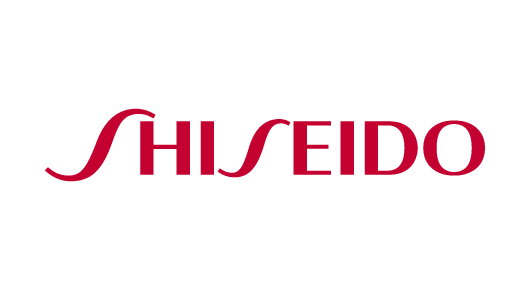
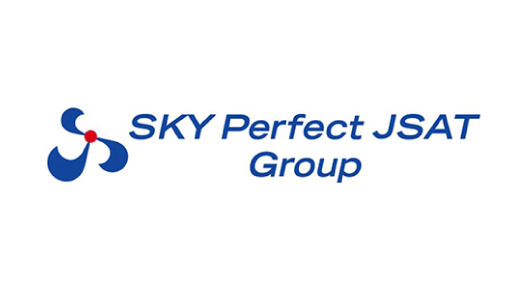


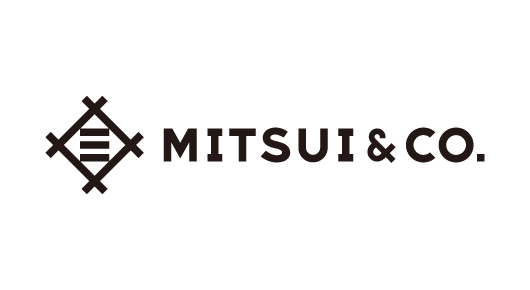
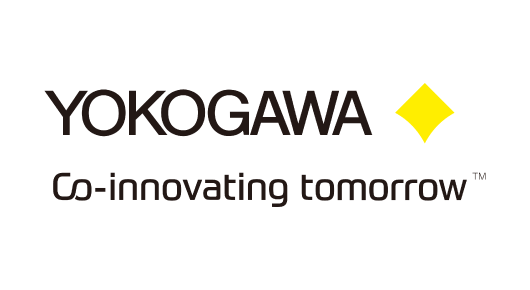
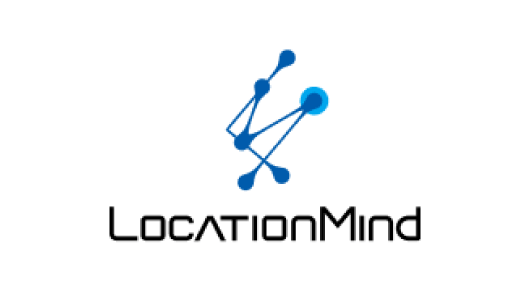
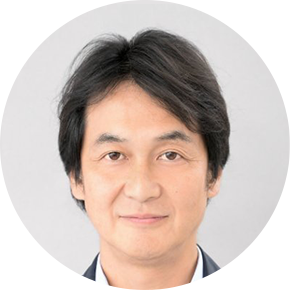
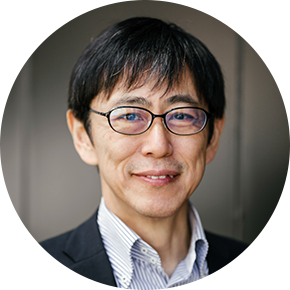
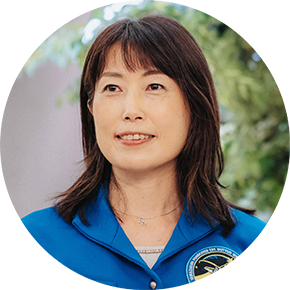
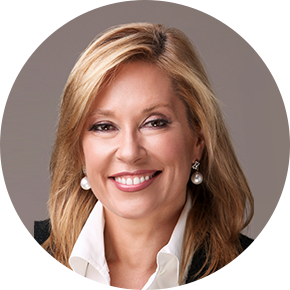
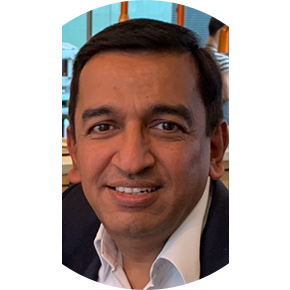
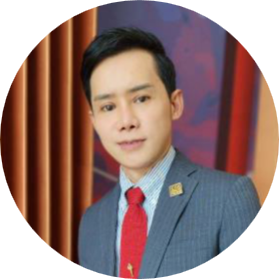

The domestic fisheries industry faces challenges of declining
fishing income, a decrease in the number of people employed in
fishing, and aging workforce. To address these issues, utilizing
satellite data (such as ocean conditions and weather
information) along with an AI search engine to support
fishermen's operational decision-making can contribute to smooth
business succession and improved profitability.
Additionally, the aquaculture damage caused by red tides
occurring annually over a wide range from Hokkaido to Kyushu
amounts to billions of yen. Providing information on the
movement and expansion of red tides through past satellite data
and fixed-point observations can help prevent damages.
By employing satellite data and AI technology, the fishing
industry can enhance its operational efficiency and resilience
to challenges, thereby fostering sustainable growth and ensuring
the continuity of this vital sector.
Availability of high-quality and bioavailable nutrition will be essential to humans living in space for extended periods of time. Traditional methods of food processing result in large amounts of waste and spoilage, and the food outputs created are often poorly processed by the human body. In a space environment, where the ability to produce food is limited, it is critically important to maximize the efficiency of scarce resources. We have developed a unique processing technology that can achieve controlled high-pressure lysis of ingredient cells, unlocking maximum nutrition and enabling a wide range of unique cosmetic and cosmeceutical applications.
In the near future, Lunar extended stay is estimated to get into full swing. However, the expense of transporting goods to the Moon is estimated at around one hundred million Yen per kilogram. Therefore, the establishment of Luner circular environment by recycling technologies and material cycle for essential supplies like food and clothing to reduce the transportation costs. This project will provide clothing cleaning technology not depend on water in Space where water is difficult to obtain as first step to establish Luner circular environment.
Our company has been solving skin problems for people who want to stay young. However, current beauty technologies require long-term use, making it difficult to feel the effects, or require expensive treatments to achieve immediate results, and the places where they can be applied are limited. We are developing a new solution for the next generation of beauty technology that can safely deliver beauty ingredients in sufficient quantities to the desired location, and in the future, we will propose this solution as a beauty method in space life.
This idea is an asteroid resource exploration infrastructure service for companies that want to exploit space resources. Using a deep space constellation built on a special orbit called an asteroid flyby cycler, our system can perform one asteroid flyby per month. Compared with lunar resource exploration, this service enables the use of low-cost micro spacecraft, cataloguing and resource extraction of a variety of space resources from asteroids, and accelerating technology demonstration and human resource development.
Our business notion focuses on flash flood mitigation strategy in urban network transportation system. We innovate an Internet of Things device equipped with AI technology integrating the space technology i.e. satellite system to provide the best solution for the country. Our business strategy focus on stakeholders such as, local authority, automotive industry, insurance company, agriculture industry, and private roadway developers.
SQUID3 is developing a smart electronic coating system
("ASTRID") with E-ink that transforms satellite exterior into
digital & programmable surfaces. Designed to tackle thermal
management, on-orbit servicing, and sustainability challenges
faced by next generation of satellites, our solution helps
manufacturers achieve engineering cost-savings with shorter
time-to-market, more flexible performance, and lower risks of
docking & robotics operation.
ASTRID turns structural panels and radiators on a satellite into
controllable and responsive elements to provide three unique
capabilities:
1) Adaptable Thermal Control - tunes the
satellite’s thermal profile in real time with a dynamic
modulation range that corrects under- or over-performed
components and,
2) Docking Visual Aid - displays digital
fiducial markers to support on-orbit docking, servicing, and
robotic arm operations, and
3) Stealth Mode - dims
satellite visibility in the night sky to mitigate light
pollution impacts.
Purposefully enhancing travel experiences through space weather forecasting technology, we are launching an initial service that predicts aurora occurrences with a brightness level of three or higher. Leveraging solar observation satellite data and proprietary simulation analysis techniques, we can provide predictions for both the long term (up to three months in advance) and the short term (from 10 days prior to the event until the day of). This service aims to resolve the challenge of uncertain aurora travel experiences influenced by space weather conditions, making planned aurora excursions on visible days the norm, rather than relying on chance. To all industry professionals interested in experiencing this service, we look forward to your contact.
We are focusing on meteorology as a new frontier in space. Leveraging Japan's expertise in the field of microwave technology, we aim to realize the first private-sector weather satellite in Japan, contributing to disaster prevention and mitigation against intensified natural disasters such as linear rainbands. Subsequently, combining unique insights from Japan, a nation prone to frequent natural disasters, with cutting-edge technologies like AI, we will develop a distinctive meteorological forecasting system. Finally, we will establish a novel weather service called WSaaS (Weather Satellite as a Service), providing customized data and information for each customer, thereby promoting the societal implementation of meteorology.
Our team consists of medical professionals and engineers and we are working to support the daily activities of people with disabilities and promote their participation in society with ‘AAGI’ system, a non-contact switch. Now that civilian space travel has become a reality, the problem of space suits for extra-vehicular activities has come to the fore. Our technology solves the problems of movement restrictions caused by pressurization of space suits and the time required for the body to adapt the low pressure. Our efforts are aimed at developing safe and comfortable Japanese-made space suits using this AAGI technology, as well as supporting remote robot operations by people with disabilities and providing actual experiences of space travel.
Spiral Blue will provide an exceptionally detailed and continuously updated digital replica of Earth’s continents, using high precision data from a satellite constellation of commercial LiDAR ((light detection and ranging) satellites. This virtual twin will allow researchers, governments and businesses to model and simulate various scenarios with extreme precision, from climate change effects to urban development projects. It can also serve the interest of exploration companies in the fields of oil and gas, mineral resources, agriculture, environment conservation and disaster management.
The era of civilians traveling and living in space has already begun. In the near future, the necessity to replicate the essentials of life on Earth - clothing, food, and shelter - in space is becoming increasingly critical. Among these necessities, the clothing currently used on the International Space Station is discarded into the atmosphere after use without being reused, posing a significant obstacle to sustainable space development. Therefore, we propose the development of a washing machine capable of functioning in a zero-gravity environment, aimed at constructing an 'ecosystem of clothing' that enables the reuse of clothes.
In situations where the use of water is restricted, such as on the space station, this product provides a refreshing feeling as if you had just taken a bath or shower and washed your head with a small amount of water. It improves the quality of life during long stays in space and supports mental health during space travel by providing a comfortable clean environment.
Our mission has been ongoing since Fall 2018 with the aim of supporting mankind's endeavor to establish a permanent presence on Mars by mid-2030. Our goal is to develop a space farming system that utilizes a small aquatic plant called 'watermeal' for future space exploration. The system can produce food, generate O2, scrub CO2, and treat wastewater, addressing one of the greatest challenges of interstellar colonization. Watermeal is the fastest-growing species, rich in nutrients, and is the smallest flowering plant, making it highly suitable for sustainable space farming in space exploration missions. This ambitious mission consists of two major goals: firstly, to develop a space farming system suitable for Mars' extreme environment, and secondly, to adapt the system for Earth applications during crises as a food security backup.